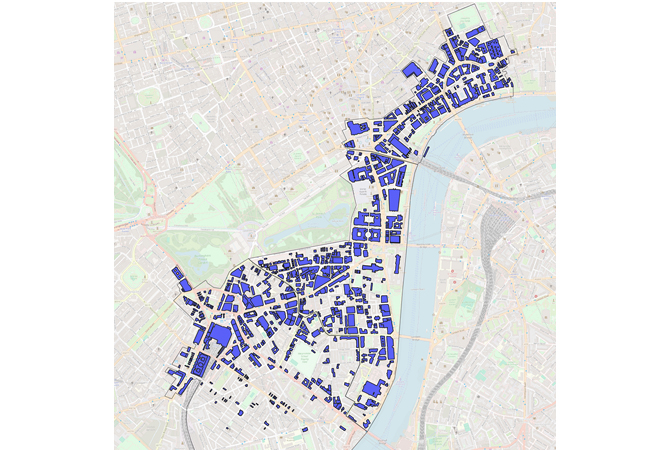
An increase in the number of women leaving engineering between the ages of 35 and 44 has contributed to a small ‘but significant’ reduction in the number of females in the engineering and technology workforce over the last year.
According to new data by EngineeringUK women made up only 15.7% of the workforce compared to 16.5% the previous year.
The fall for women aged 35 to 44 is consistent with Engineering Council registration data showing that 43 is the average age that females leave the profession, in contrast to 60 for men.
The results, which were published last month, have led to a call to action to reverse the worrying spike in women exiting the industry. EngineeringUK chief executive Hilary Leevers said it is taking this ‘small but significant decline very seriously’.
Jessica Glynn, chair of the Women in Building Services Engineering (WiBSE) panel for CIBSE said that it is ‘crucial to think about ways we can support women more, and ask how can we make industry as inclusive as possible.’

Jess Glynn was recently appointed WiBSE chair
There are many reasons why women leave the industry, from taking time to care for children or simply not feeling like it is the right place for them, said Glynn.
‘There are lot’s of small things that don’t make women feel included. For example PPE on site is often designed and sized to be safer for men. Immediately, that makes you odd one out and not catered for’.
Glynn said that the way industry is structured means it’s not very easy to come back after a career break. ‘After three years off, your chartership is effectively lost, which means starting again from scratch,’ she said.
‘This year, one of the goals for WiBSE is to create a framework to assist people on career breaks with maintaining knowledge and CPD, while not in the workspace. This will make it easier to return,’ said Glynn.
The panel are also looking into setting up a network for women who are taking career breaks, to create a space for support, she added.
‘It’s very brave to take time away from work with the intention of coming back, when it’s not always easy to do so. We don’t want people to fall off our radar,’ she said.
Analysis of the wider UK workforce does not show women are leaving other professions at such a young age.




